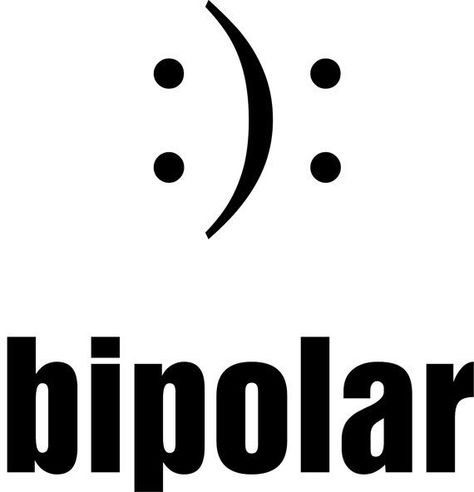Links between gut health and mania/ bi-polar disorder
Feb
16
https://www.newscientist.com/article/mg24332460-500-how-what-you-eat-directly-influences-your-mental-health/ ). Probiotics may help improve a variety of mental health conditions, in part due to an anti-inflammatory effect, including those suffering from manic depression and bi-polar (BP) disorders. Psychobiotics are believed to mitigate chemical imbalance in the brain, and offer an alternative to drug treatment, claims the article.
Lithium has become the most accepted remedy used for treating BP. Studies such as the 2020 Neuropsychobiology report have found little connection between lithium intake and Escherichia coli or Lactobacillus rhamnosus, except that it appears to support a stronger richness and diversity of these species. However, they found a noticeable increase in Clostridium, Peptoclostridium, Intestinibacter, and Christenellaceae following lithium treatment (see https://www.karger.com/Article/FullText/504496 ). These results suggest a connection between our gut microbiota and BP treatment using lithium.
SAMPLE HUMAN TRIALS:
Researchers from Johns Hopkins University School of Medicine did a study to determine if probiotics could help recently discharged manic patients, according to a Harvard Health Publishing blog of June 25, 2018. Two groups of 33 patients were given Lactobacillus and Bifidobacterium species to one group and a placebo to the second group over a 24 week period.
The results for the rates of rehospitalization were 51.1% in the placebo group and 24.2% in the group who took probiotics. On average, the reduction in readmission was 74% lower in the probiotic group, and a 90% reduction of hospitalization in the group with the highest inflammation score. Additionally, patients who took probiotics and were rehospitalized stayed in the hospital on average 2.8 days, compared with 8.3 days for those taking placebo.
A Nature article in February 2019 referenced human trials that found connections between coprococcus and dialister bacteria, with lower levels contributing to mental health issues and specifically depression (see article, https://www.nature.com/articles/s41564-018-0337-x ).
While tests on mice are less reliable than human trials, they can effectively make connections between similar human functions. For example, The Scientist article reported that study coauthor Julio Licinio, a psychiatrist at SUNY Upstate Medical University in Syracuse made fecal transplants of schizophrenic mice that verified lower glutamate, glutamine, and GABA in their hippocampi. These are key amino acid neurotransmitters that are essential for brain function (see https://www.the-scientist.com/news-opinion/gut-microbes-may-play-a-role-in-mental-health-disorders-66039/amp ).
What scientists can say with some accuracy is that there is a link between our gut bacteria and mental health. One step further, they've identified specific species of bacteria, keystone species such as bifidobacteria and lesser known species such as coprococcus and dialister bacteria. The next steps will be to prove efficacy and FDA approval as a form of treatment in mental health patients. When this might be achieved is still to be determined, but scientists are getting closer.


